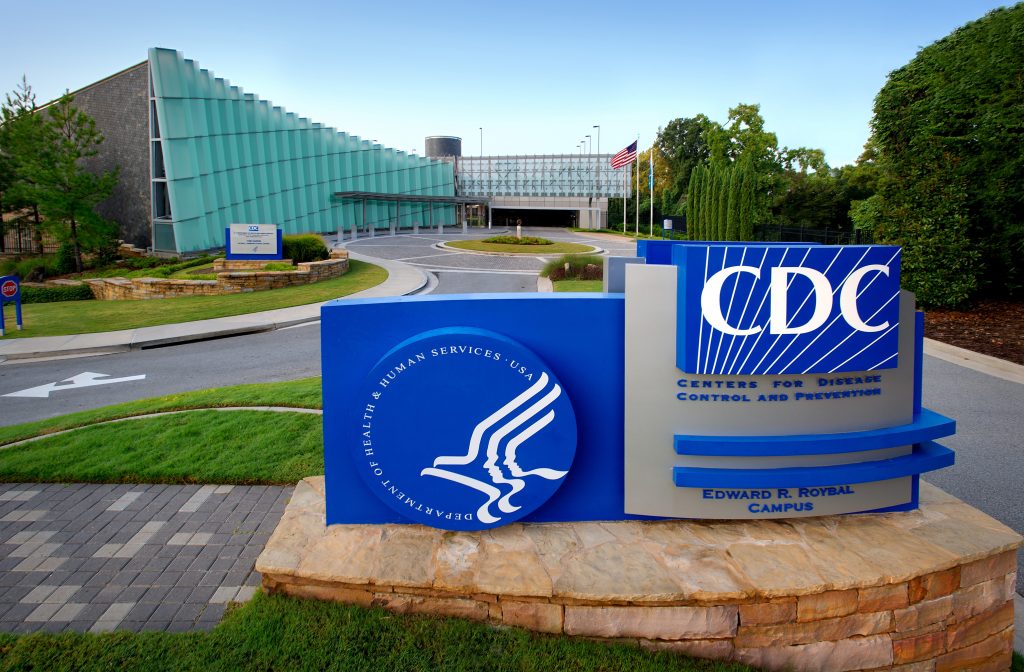
A US government body has released a study to suggest that airlines should continue to block middle seats to reduce the risk of spreading COVID-19, a concept that has been long-rejected by airlines.
The US Centers for Disease Control and Prevention has released a study to suggest that blocking middle seats on commercial aircraft could reduce risk of COVID exposure by up to 57 per cent when compared with a full flight.
Researchers from the CDC and Kansas State University conducted the study based on laboratory modelling of exposure to COVID on single-aisle and twin-aisle aircraft in November 2020.
Notably, this research is based on the risk of exposure when face masks are not worn.
The CDC’s research is also backed by results of a separate study into potential coronavirus transmission on a 10-hour international flight in March 2020, of which 16 people were ultimately infected.
That study found 75 per cent of infected passengers were seated within two rows of a symptomatic passenger, suggesting these passengers could have contracted the virus from that symptomatic passenger.
While many airlines initially temporarily introduced the blocking of middle seats in order to keep passengers comfortable, particularly amid a period of low ticket sales, a vast majority have now dropped (or announced their intention to soon drop) the policy.
Airlines across the globe have long stood by their position that the wearing of face masks onboard, as well as the standard use of high-efficiency particulate air (HEPA) filters on aircraft, means that the risk of contracting the virus onboard is very low.
US-based airline industry group Airlines for America responded to the CDC’s study, stating, “Multiple scientific studies confirm that the layers of protection significantly reduce risk, and research continues to demonstrate that the risk of transmission onboard aircraft is very low.”
The industry organisation also referred to other studies, including studies conducted by the US Department of Defense, Harvard, and the International Air Transport Association (IATA), which found that rates of onboard virus transmission were low.
“Since the start of 2020, there have been 44 confirmed or possible cases of COVID-19 associated with a flight,” the IATA found. “Over the same period, some 1.2 billion passengers have travelled.”
Further, co-founder and industry analyst from Atmosphere Research Group Henry Harteveldt argued that the CDC’s research did not take into account the realities of flying in 2021, particularly through the lack of face-masks used in the study, and the fact that simulations were performed in a lab setting.
“This is months-old data that overlooks a lot of changes in the real world policies and practices that the air transport industry has implemented since the study was first conducted,” Harteveldt said.
Meanwhile, Harteveldt argued that the DoD and Harvard study better represented real-world pandemic travel conditions, utilising real commercial aircraft and face masks on the test mannequins.
Analysts believe it is highly unlikely that airlines will bring back policies that block middle seats, in order to bring in as much revenue as possible, as well as limit any disturbances made to current customers.
“If you were to tell a passenger now, ‘oh, we have to rebook your vacation because we’re blocking middle seats,’ I think you’d have a lot of upset travellers,” Harteveldt added.










